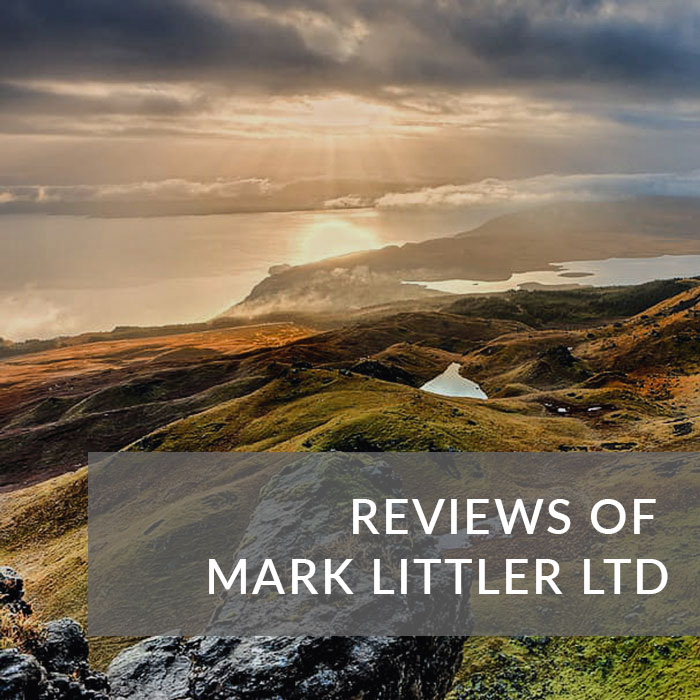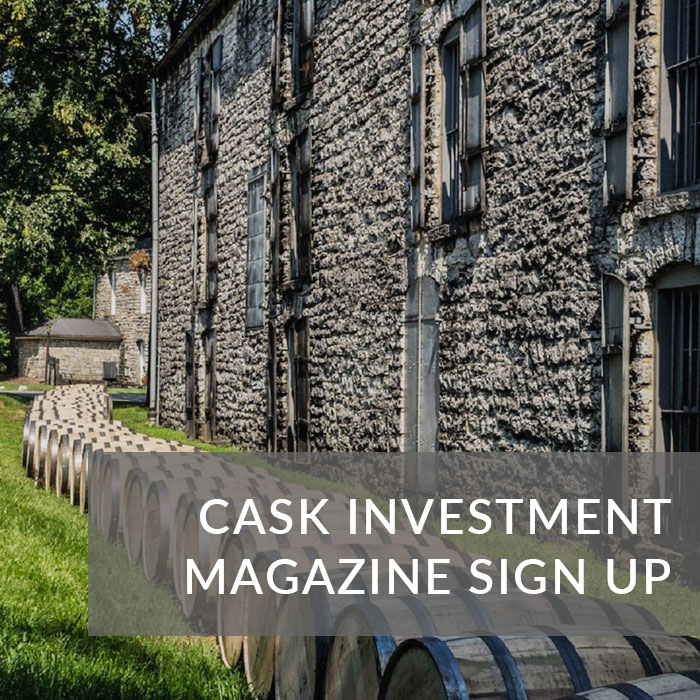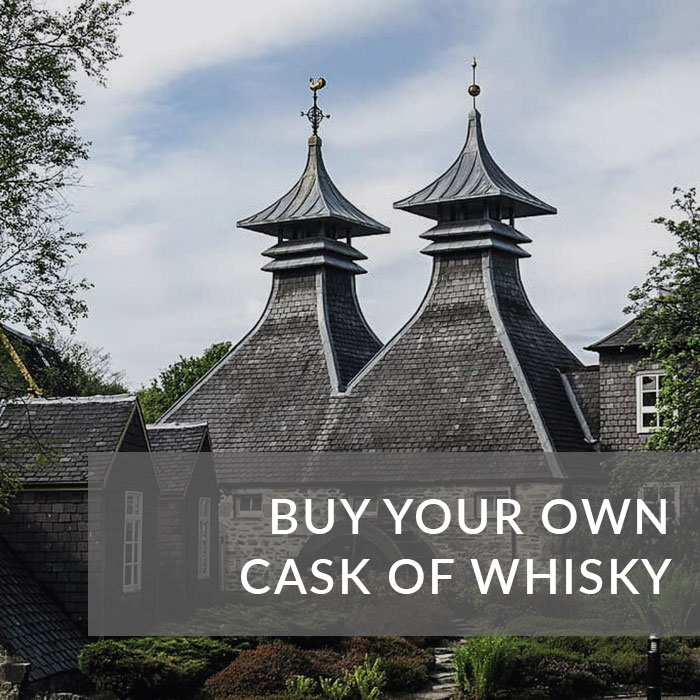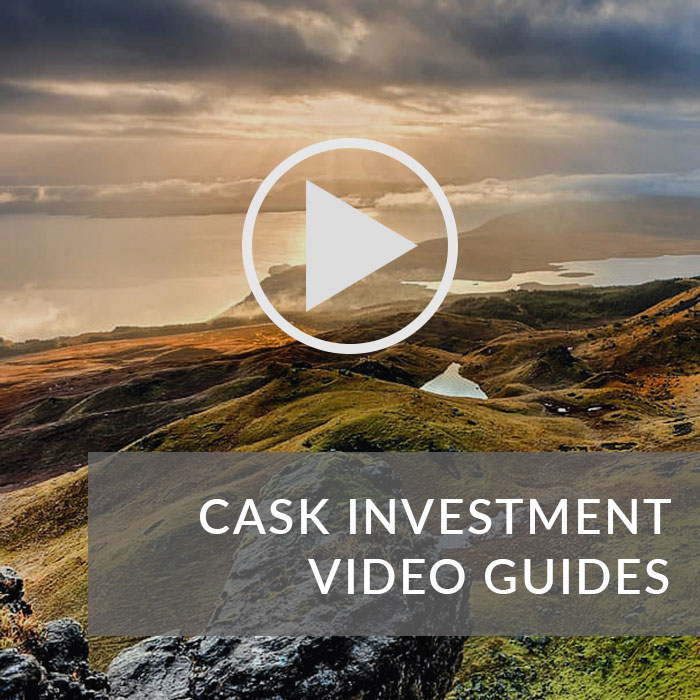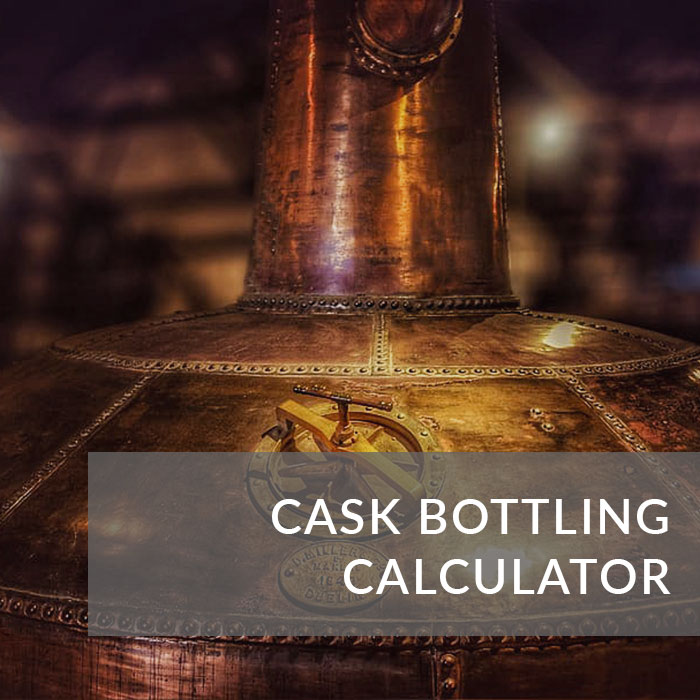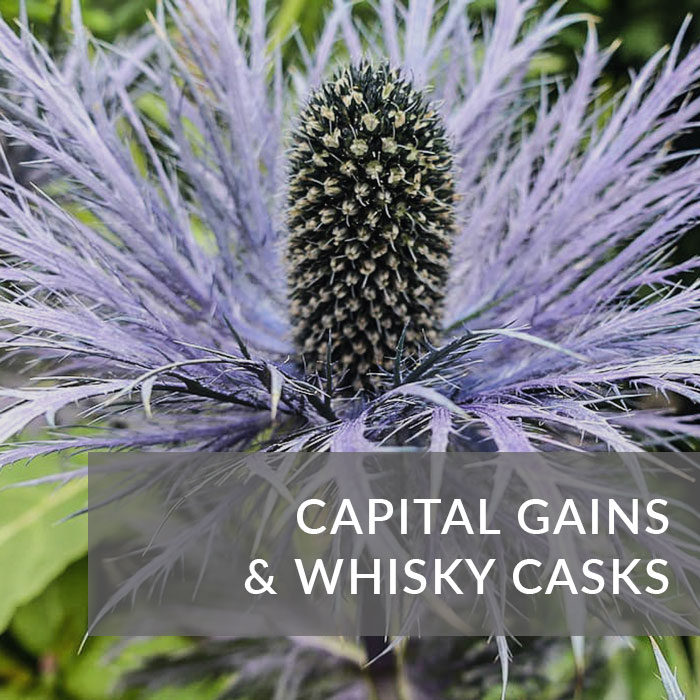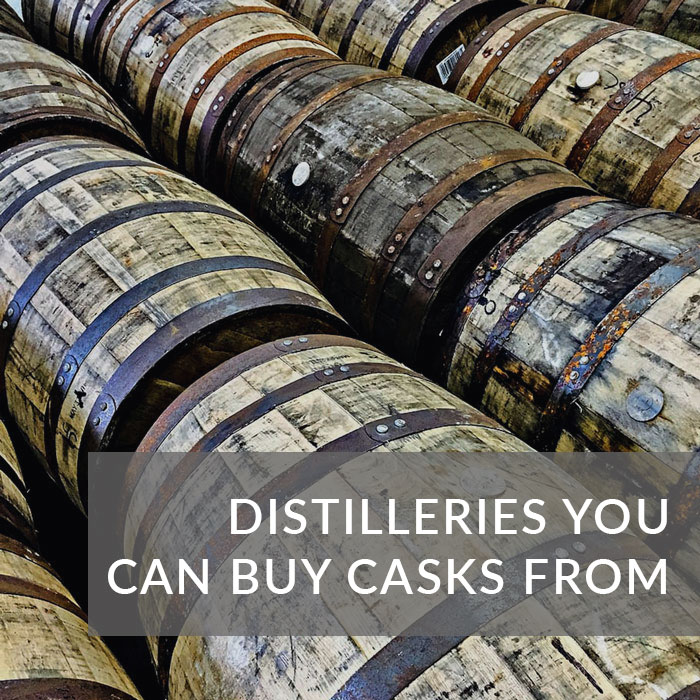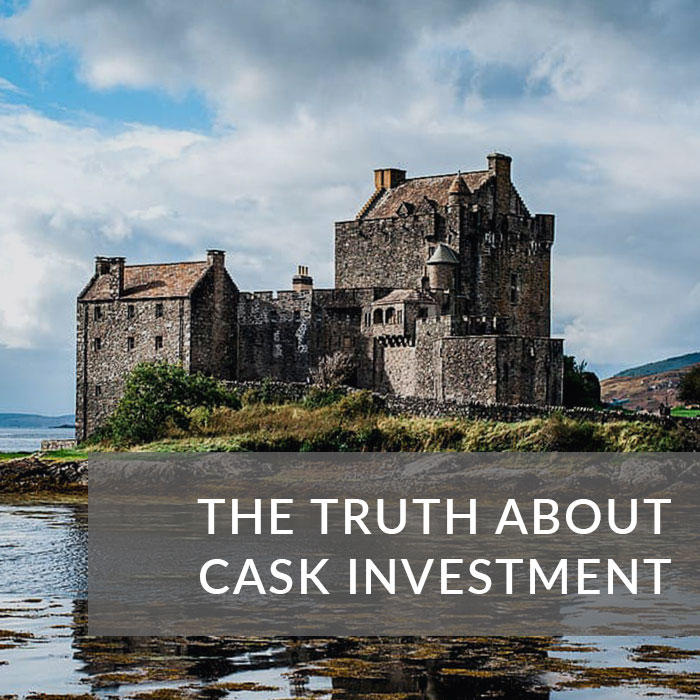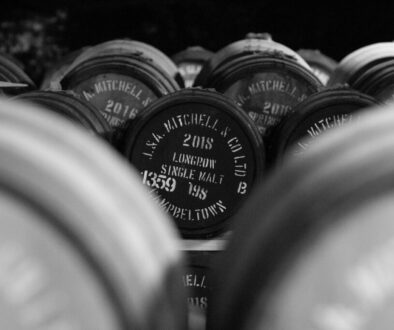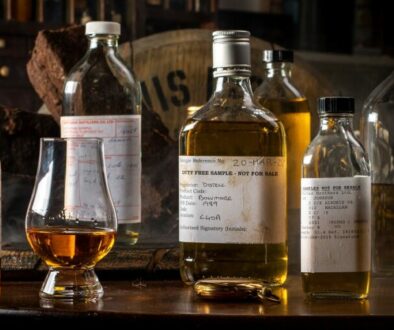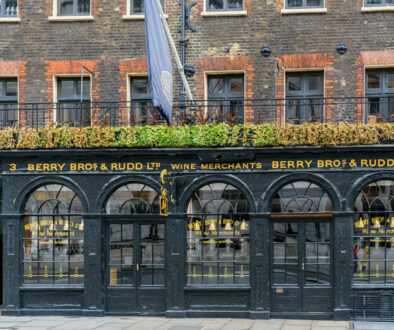[Updated Jan 2023]
There is no perfect time to sell a cask of whisky as no two casks are the same. When deciding when to sell your cask you should start by answering these questions:
- What is the health of your cask?
- How long have you had the cask?
- How old is your cask?

Why cask health matters more than age?
The health of your cask is the most important consideration when looking at when to sell your whisky cask. By health we mean the details obtained from a regauge, specifically the alcoholic strength (ABV) and the volume of liquid within the cask (bulk litres and litres of alcohol, LA).
Single malt scotch whisky must have an ABV above 40% and casks are valued on a per litre of alcohol basis, so this information is what your cask’s value is going to be heavily determined by.
It is also important to remember that the end point of all whisky casks is to be bottled, and while that may not be by you, or even the person you are selling it to, that end point is always taken into consideration when value is calculated.
The angel’s share
In Scotland maturing whisky casks experience a drop in ABV and liquid volume over time, known as the angel’s share. The ABV drops by an average of 0.5% a year for the first 15 years of a cask’s life (most casks are filled at 63.5% ABV). The volume of liquid within a cask reduces by an average of 2% a year (often this is between 1 and 4%).
The angel’s share means that casks have a limited lifespan and cannot be kept and traded indefinitely. Because a cask’s value is determined per litre of alcohol (LA) and LA can drop over time, the relationship between a whole cask’s value and age is not always linear.
For example, a cask valued at £100 per litre of alcohol (LA) with 100 LA in it will be worth £10,000. An older cask may be worth £110 per LA but have only 90 LA making it worth £9,900.
The above is a very simplistic example, it is just designed to illustrate how the value of a whisky can go up with time as predicted, but the value of the whole cask go down. In turn helping you to understand why we say a cask’s health should always be your first consideration when choosing when to sell your cask.
As such, it is imperative to keep an eye on the health of your cask and make sure that you sell it at the right point based on the ABV and remaining litres of alcohol, rather than aiming for a specific age.
Why length of investment matters?
Whisky casks are a long-term investment. We suggest that casks should be kept at least 10 years, between 10 and 20 is ideal.
In our opinion casks are not suitable as shorter term investments. Short term gains are only possible for older casks, which require much more caution in terms of purchase price and monitoring of the health. Furthermore, casks increase in value with time, but more so due to brand repositioning and longer 10+ year investments allow additional changes in the value of the brand behind the whisky. As such, longer term investment in casks provides much better potential in terms of your final return on investment.
Casks are better suited to long term investment as this reduces risk and increases potential returns. The timeframe you can keep your cask still depends on the cask’s health and as such this should be used in balance with your regauge results.
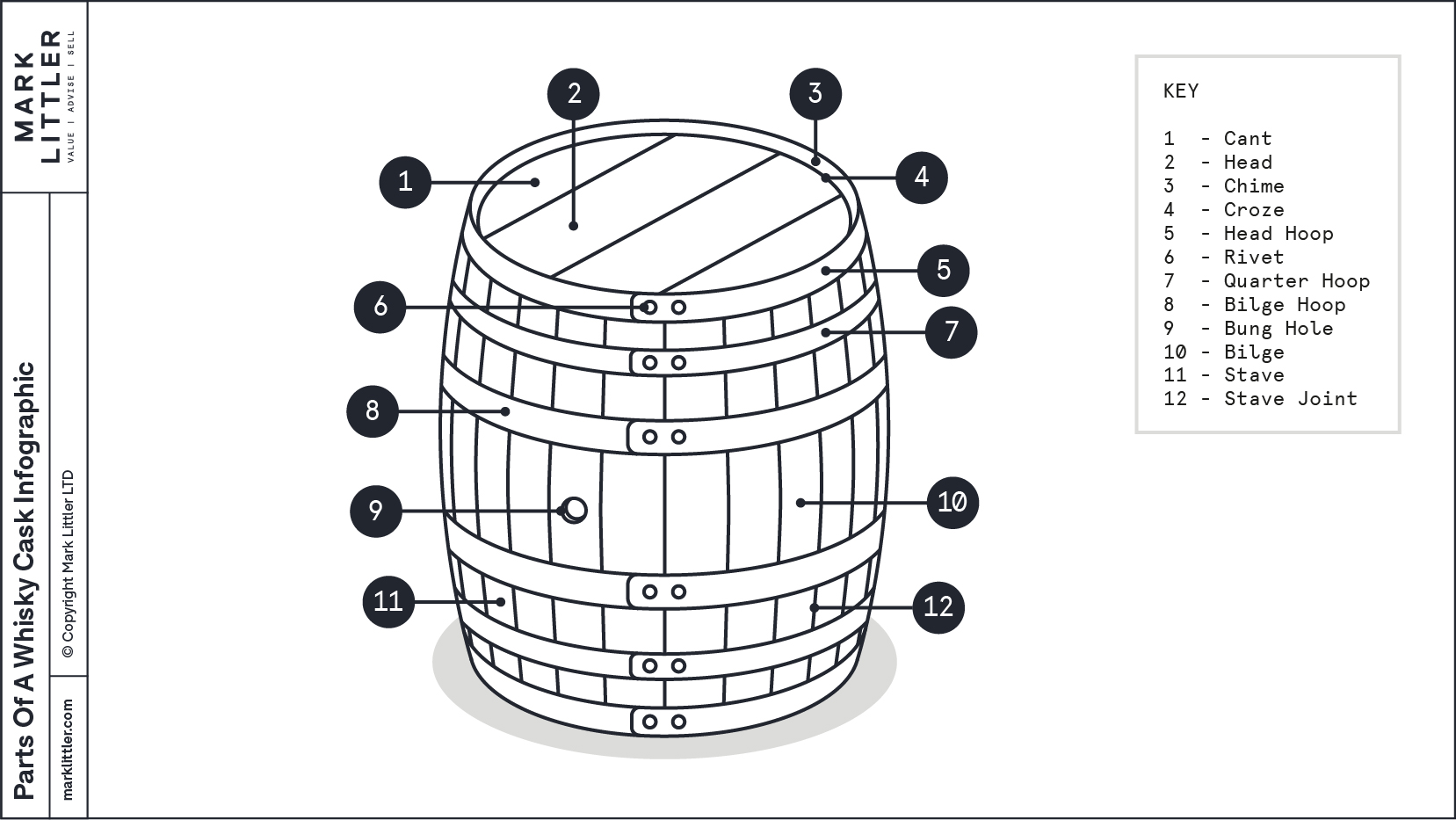
Cask value, age and the myth of anniversary years
The value of a cask increases with age, however when a cask is valued it is done so based on a number of factors, of which age is just one facet.
ABV, remaining liquid volume, cask size, and whether the cask is first-fill or re-fill as well the distillery and availability in the market all play a part in determining a cask’s value.
Age plays a part as well, however a cask’s age is not looked at in isolation. This is because things take time in the cask industry – imagine organising to get casks off Islay for example; the logistics take far longer than the sale.
When you come to sell your cask, the cask’s specific age is less important that its ability to remain in good health to meet the buyers needs (either maturing further or bottling). Because there is a cut off at 40% and higher alcoholic strength give more flexibility for the buyer, ABV is generally more important than the specific age. By which we mean an 18 year old cask with an ABV over 50% is pretty much guaranteed to get to 20 years old, and that is taken into account in the value.
That is not to say that age doesn’t matter, you should be aiming to get your cask to 15 – 20 years old when you sell it, but age should never be looked at in isolation.
Anniversary ages
What the relationship between age and health means is that there is no such thing as sudden jumps in value because a cask reaches a certain age. The idea that there are certain anniversaries which should be aimed for is a myth because of the importance of alcoholic strength in determining value.
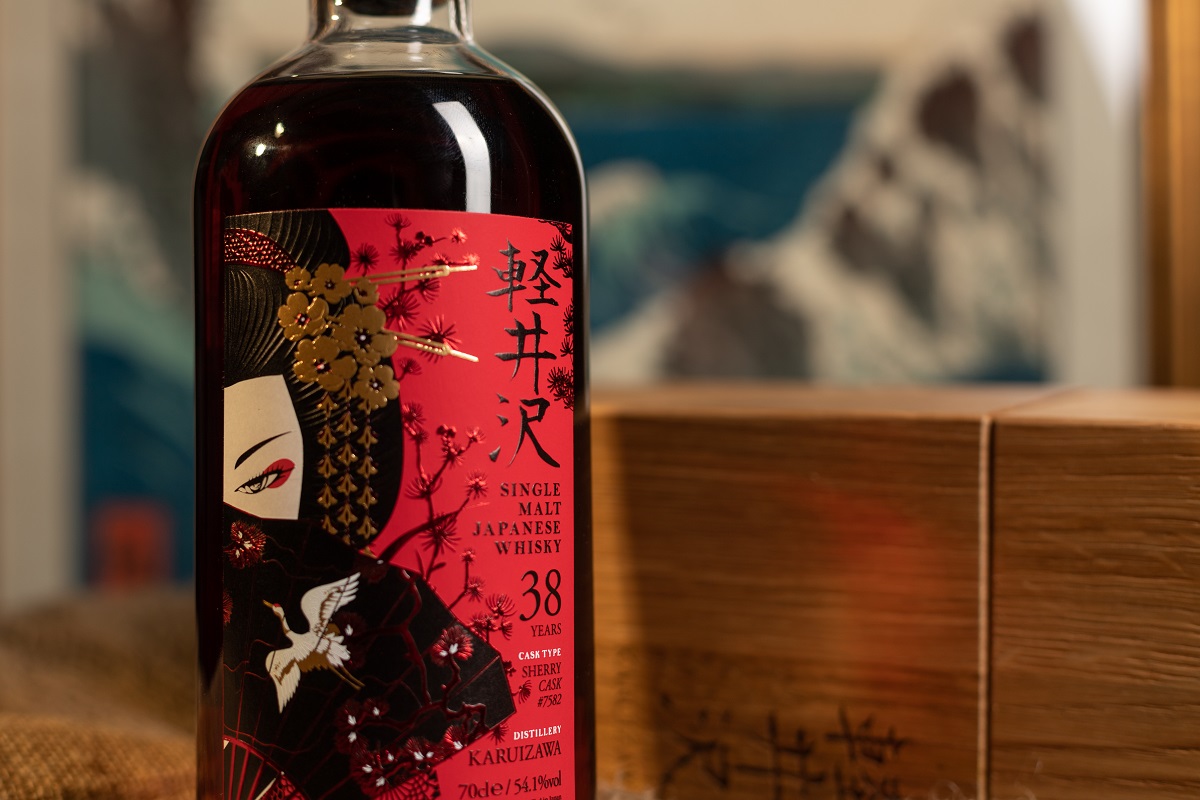
Sell a whisky cask in 2023
If you have invested enough time into your cask and your cask is in good health, then 2023 is an ideal time to be coming to the market.
Despite other global instability the cask market has remained strong and stable. The market for whisky performed well throughout Brexit and the COVID pandemic. Indeed, indicators suggest that investments into status items are resilient in times of economic uncertainty, meaning whisky looks particularly attractive to investors at the moment.
Exchange rates with the pound are also still relatively appealing for international investors, driving a strong demand for UK based investments from abroad. Nationally and internationally, people are actively looking for alternative investments, and demand is high for whisky casks of all ages.
World record cask sales in 2022
The world record price for a cask of whisky was broken twice in 2022. Firstly with a cask of Macallan which sold at auction for over £1 million to as US buyer in April 2022. Then in July 2022 Ardbeg announced that they had just completed a £16million pound sale for a cask to a private customer in Asia.
Of course, these are two examples of high profile casks from premium distilleries so caution and understanding needs to be used when looking at them alongside other mid-market casks. However, we include them to illustrate the international demand and sustained appetite for casks despite the global economic situation of 2022 that continues into 2023.
Expert advice on selling your cask
Every cask is individual. Even two casks with identical original fill details will end up differing over time due to slight variations in their casks and position in the warehouse. As such, when is the perfect time to sell a cask is unique to each cask.
We offer free, no obligation, valuations on whisky casks, but we are also happy to discuss your options and provide feedback on your cask and when may be a good time to sell your cask based on your specific cask and individual needs. Fill in the form below for a complimentary valuation and we will be in touch to discuss your options.
CASK VALUATION
Enter your details below and we will provide you with a free open market valuation of your cask.

